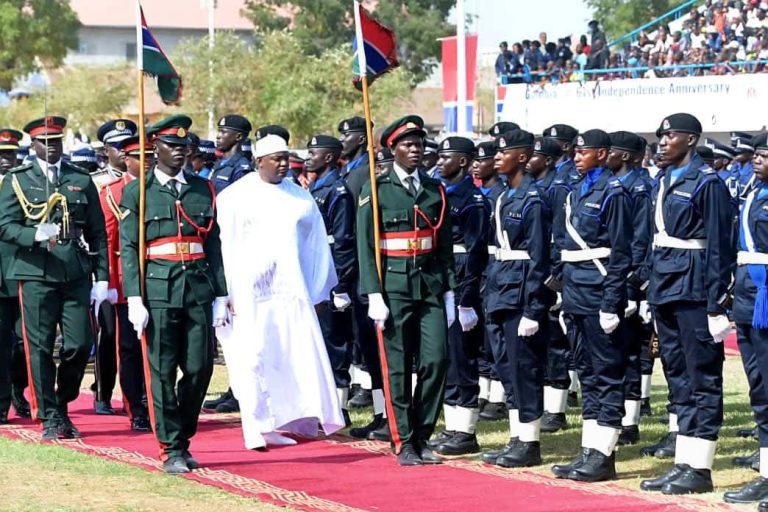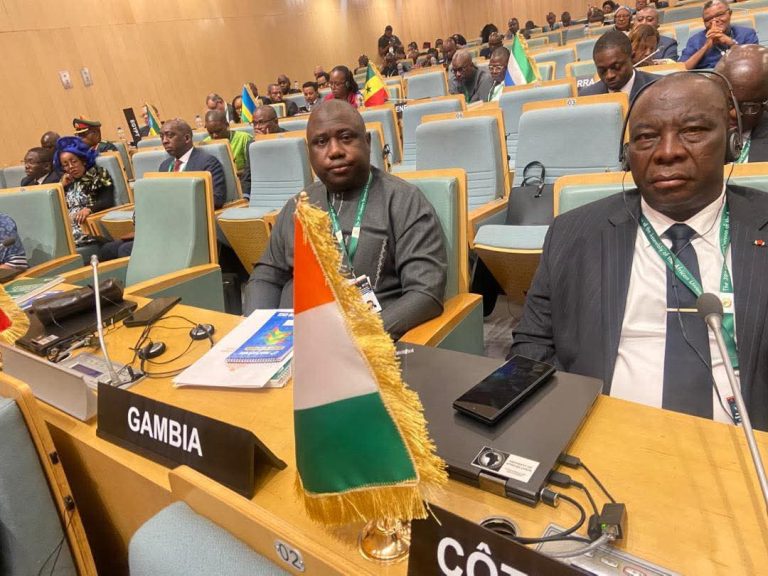
Mr. Wandifa Drammeh is a rural-based environmentalist and community development specialist, who volunteer his valuable time to interpret the weather forecast information for the rural farmers, suggesting that the use of English language weather forecast information text is not useful to the rural farmers due to high level of illiteracy among the farming community.
In an exclusive interview with Block TV, Mr. Drammeh justifies his reasons for interpreting weather forecast information to ordinary farmers who are not literate and cannot understand the English text.
Mr. Drammeh explained that a ” weather forecast is simply a scientific estimate of future weather conditions. Weather condition is the state of the atmosphere at a given time expressed in terms of the most significant weather variables. The significant weather variables being forecast differ from place to place.”
“For years now, weather forecasts are being reported by many media outlets in the English language which is not understandable to the consumers who are mostly ordinary farmers. This is one of the reasons why I decided to help farmers t better understand weather forecast information in their language. Some people attempt to interpret in local languages but due to technicality in interpreting, they often distort the true or contextual meaning of weather jargon or terminologies.”Mr. Drammeh said
.According to his narratives, Interpreters and translators convert information from one language into another language. Interpreters work in spoken or sign language; translators work in written language.
“As someone working with rural farmers, knowing their limitations in understanding weather forecast information in their local languages, I produce free audio versions in local languages for farmers. I use this opportunity to urge those who share my audio to give me feedback.” he highlighted
He dilated extensively on the importance of languages.
” weather forecast in the local language is equally important thereby it should not be limited to the original English version. The end users are the farmers, who are mostly not schooled. Secondly, it’s not necessarily being educated but weather forecast information interpretation requires special skills,” he said.
“Weather forecast is meant to prepare farmers and the general public to help them to act on the precautionary measures and planning the daily engagement to prepare in advance for adverse effects of rainfalls, windstorm, thunder & lightening, and extreme temperatures,” He continued.
Mr Wandifa Drammeh spoke at length on the impacts of weather forecasts in local languages on agricultural production and productivity revealing that his weather interpretation is indeed useful to the farmers.
” Temperature, humidity, precipitation, air pressure, wind speed, and wind direction are key observations of the atmosphere that help forecasters predict the weather. Changes in ozone, greenhouse gases, and climate change affect agricultural producers greatly because agriculture and fisheries depend on specific climate conditions.







